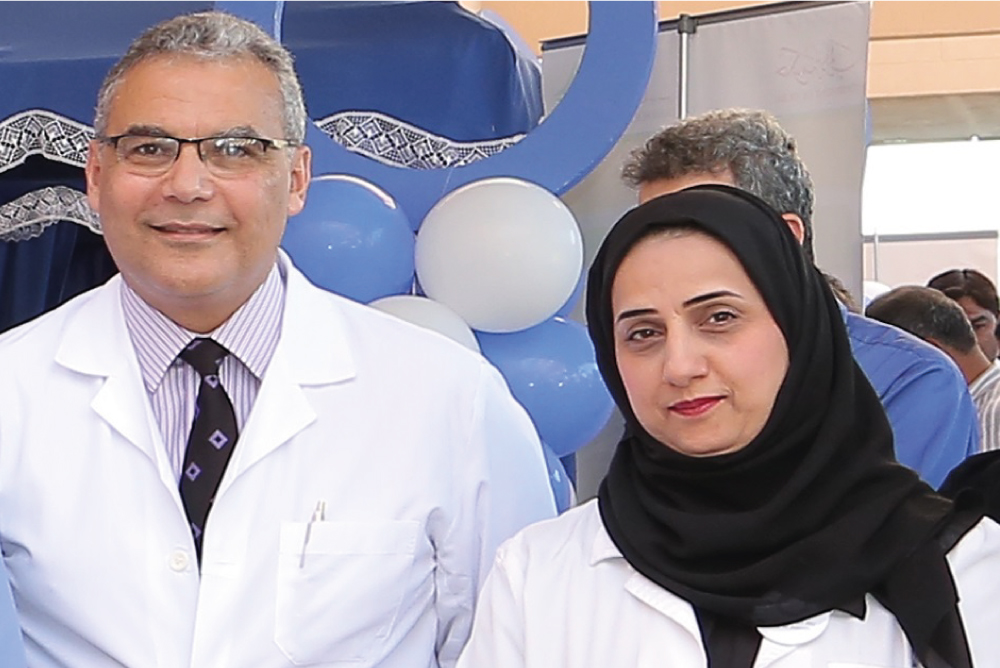
Data shows that 1 in 5 people in the UAE has diabetes making it one of the most pressing healthcare challenges today. Fasting as part of religious practice is keenly observed in the region and many people with diabetes fast throughout Ramadan with no negative impact on their health while some are considered high risk.
Al Jalila Foundation grant recipients, Dr Fatheya Alawadi and Dr Mohammed Hassanein from Dubai Hospital, lead a novel study to get a better understanding on the exact level of risk by recruiting a cohort of 180 diabetic patients to monitor glucose levels continuously over a six-week period.
The study provided unique data as patients with high risk diabetes who fasted did not show significant biometric changes and no significant change in lipids profile nor in renal function. While glycemic control improved, nonsevere hypoglycemic episodes increased during fasting.
Optimum diabetes care, including Ramadan focused diabetes education, glucose monitoring and dose adjustments could be the key for reducing the complications of fasting in high risk diabetes patients.
The team’s detailed data analysis has already been published in 5 medical research journals and they continue to investigate the field to conclude medical recommendations.
Learn more about Dr Fatheya and Dr Mohammed’s study here.

